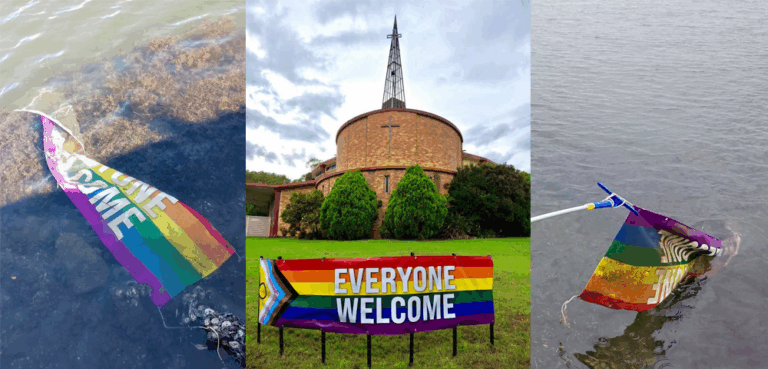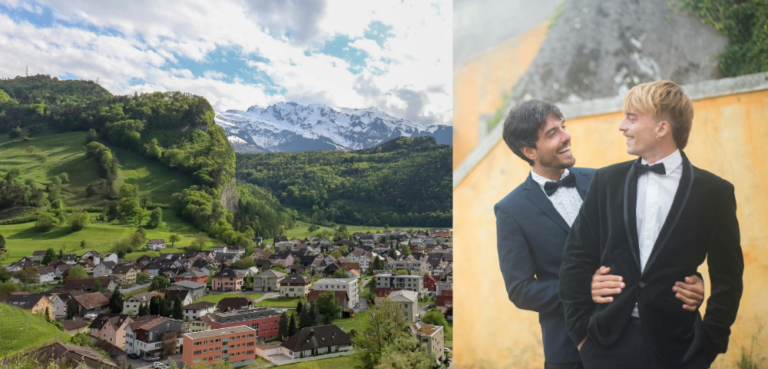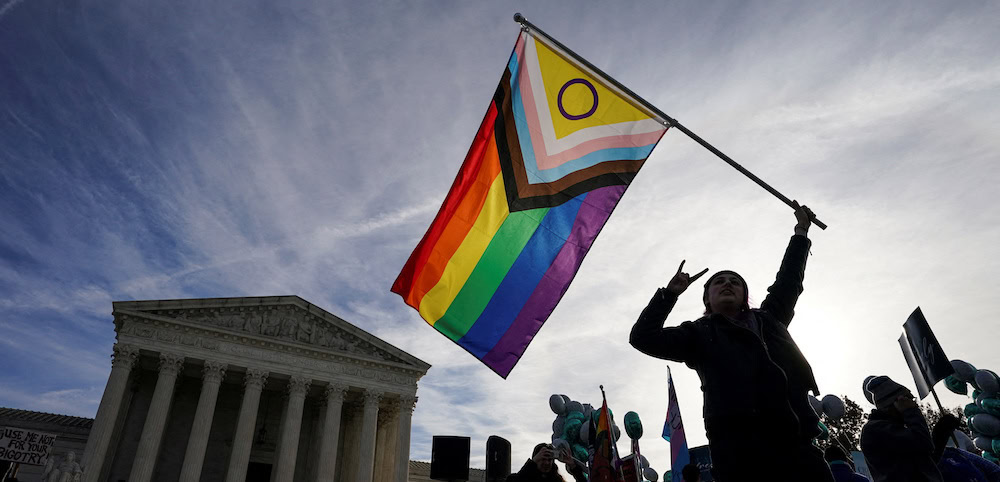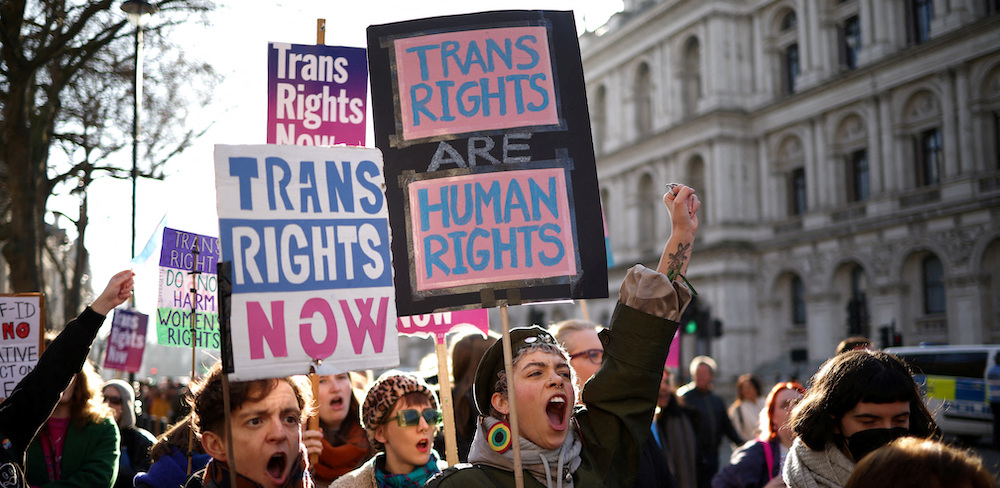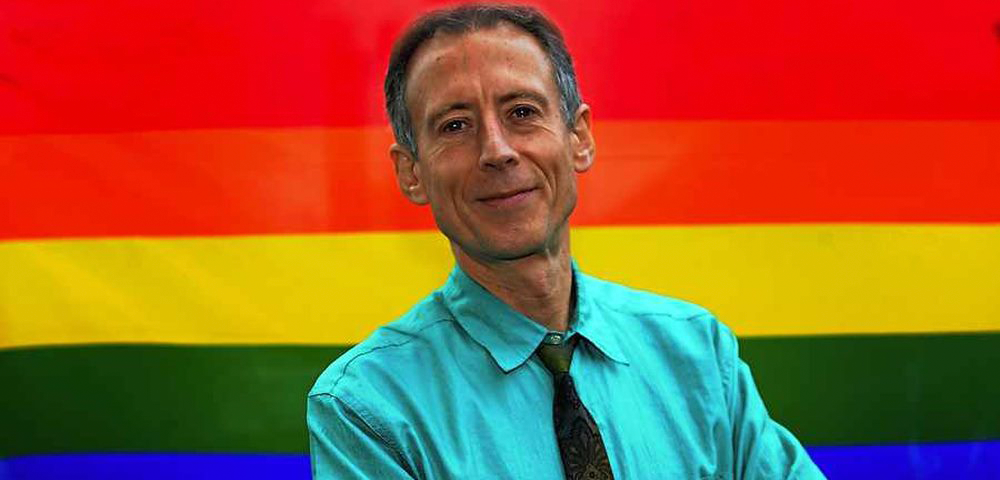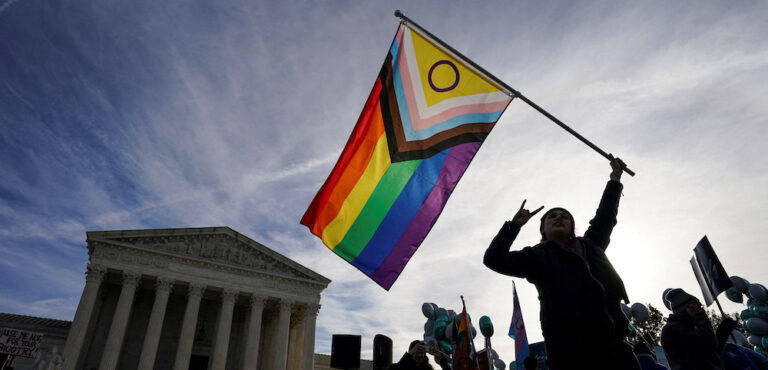
LGBTI Cambodia: A vibrant community with unrecognised rights
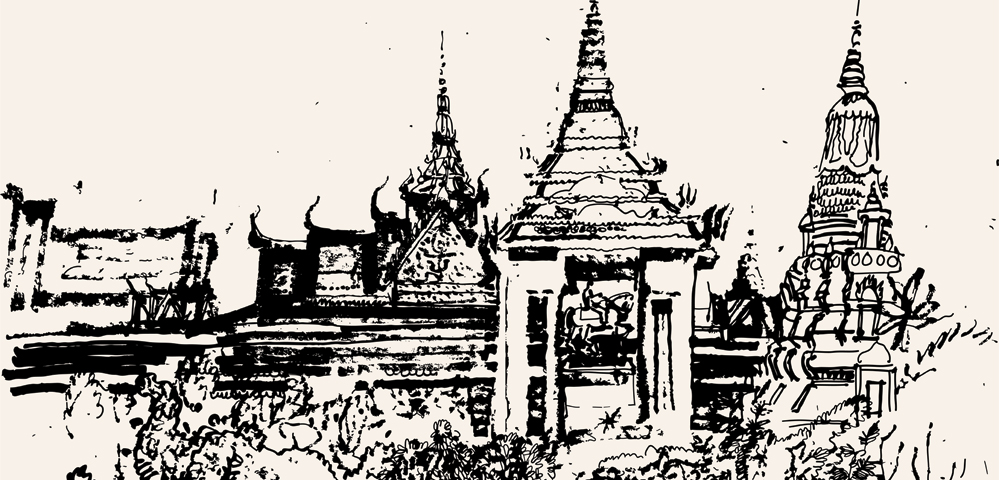
GIVEN that the first refugees from Nauru have recently been resettled in Cambodia, and it is possible that LGBTI refugees will be resettled there in the future, it is timely to consider the extent to which Cambodia respects and protects the rights of LGBTI people.
According to Billy Chia-Lung Tai, an independent human rights consultant who worked as a human rights adviser to the Cambodian Human Rights Action Committee (CHRAC), “the status quo remains that LGBTI groups are neither legislatively discriminated against nor legislatively protected”.
[showads ad=MREC]He also feels the government takes a “blind eye” approach to LGBTI issues: “If they don’t acknowledge it, then it is not a problem that needs addressing.”
In March this year, at the second periodic review of Cambodia before the UN Human Rights Council, Cambodia was questioned about the lack of anti-discrimination legislation and marriage equality, as well as the extent to which LGBTI people are stigmatised. A representative for the Cambodian government tersely responded: “With regard to the LGBT community, the government had been urged by activists to enact an anti-discrimination law, but there is no indication that members of that community were actively discriminated against.”
Incredibly, back in 2004 Cambodia’s former King Norodom Sihanouk proclaimed his support for same-sex marriage in Cambodia. He argued that because the Cambodian government had in 1993 chosen to be a “liberal democracy”, it should follow some US states’ example by allowing “marriage between man and man… or between woman and woman”. Norodom argued that before God “homosexuals” and “transvestites” were equal because “[God loves a] wide range of tastes…”
In contrast, in 2007 Prime Minister Hun Sen declared he was legally disowning his daughter because she had married another woman. In a speech at the time, Hun Sen said: “My adopted daughter now has a wife. I’m quite disappointed.” However, in 2012, Hun Sen called for the end to discrimination against gay Cambodian citizens.
According to Tai, the general Cambodian approach toward LGBTI people is “as long as it’s not my kids, I don’t really care”.
These conflicting views are reflected in a 2012 survey on male homosexuality. Of the participants surveyed, 63 per sent responded that they would be “ashamed to have a homosexual son”. At the same time, 65 per cent agreed that “there should be laws protecting gays and homosexuals from discrimination”.
Although the government may wish to ignore the LGBTI community, this is becoming increasingly difficult, as a vibrant and organised community has launched Q Cambodia, Cambodia’s first gay magazine, and this year’s pride festival ran for 10 days.
At the launch of Q Cambodia, editor-in-chief Sorel Thongyan told NBC News that “[in] the west, the LGBT community has had to fight to gain rights and recognition… but in Cambodia, there has been very little of that even though most people in the community that I know face the same fears of being fired, being kicked out of the house, being discriminated against”.
In 2014, Cambodian officials took a positive step when they spoke out against sexual orientation and gender identity-based discrimination in both domestic and international fora. Perhaps the most significant event of 2014 was the first ever Cambodian national LGBT community dialogue held in collaboration with the UN.
Kaleidoscope Australia’s shadow report to the UN Human Rights Committee regarding Cambodia’s protection of the rights of LGBTI persons identified five key areas of policy, law and regulation that need reform in order to comply with the International Covenant on Civil and Politic Rights (ICCPR). These include:
1. Enact anti-hate crime laws that LGBTI persons can use to obtain to redress, and prevent, harassment, violent attacks, abuse, and discrimination. This is needed to help prevent numerous instances of aggravated assault, rape, and sexual assault carried out by police, provincial authorities and security guards. Rainbow Community Kampuchea says that “not only have a significant number of rapes in detention been reported but a defining feature of these attacks is that (transgender) sex workers are raped by multiple men at the same time”.
2. Enact anti-discrimination laws that protect LGBTI people from both direct and indirect discrimination. Currently, discrimination based on sexual orientation and gender identity is not prohibited.
3. Develop and implement a wide-ranging public education campaign that addresses negative stereotyping and stigmatisation of LGBTI people.
4. Amend marriage laws to permit same-sex couples to marry.
5. And establish a system whereby LGBTI people can seek redress and recourse when their rights have been violated. The absence of any remedies for human rights violations is a breach of the ICCPR.
While Cambodia’s LGBTI community is becoming more visible and vibrant, the government’s apathetic approach to recognising their rights is ensuring they continue to face stigma and discrimination as well as physical and sexual assaults.
Jasmine Dawson is a director of Kaleidoscope Australia Human Rights Foundation, a non-profit organisation that seeks to promote and protect the rights of LGBTI people in the Asia-Pacific region. She is also a PhD candidate at the Melbourne Social Equity Institute (MSEI) at the University of Melbourne and a research assistant in the Monash Law Faculty.
For details on Kaleidoscope Australiam visit kaleidoscopeaustralia.com
RELATED: TENTATIVE HOPE FOR LGBTI PEOPLE IN VIETNAM
RELATED: A NEW DAWN FOR LGBTI PEOPLE IN JAPAN
_______________
**This article was first published in the October edition of the Star Observer, which is available to read in digital flip-book format. To obtain a physical copy, click here to find out where you can grab one in Melbourne, Sydney, Brisbane, Adelaide, Canberra and select regional/coastal areas.
[showads ad=FOOT]
